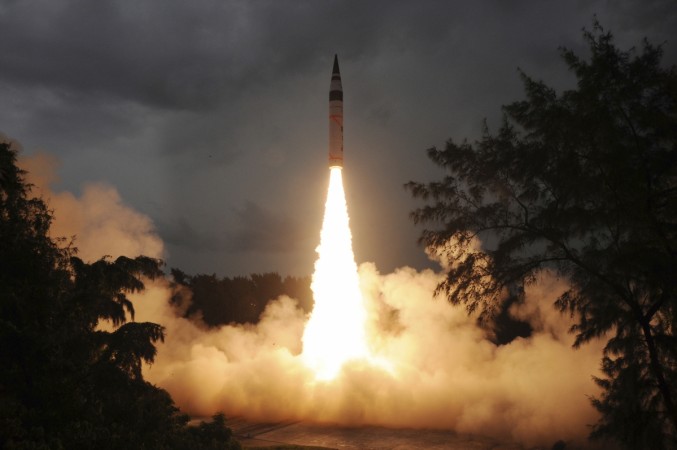
Voices this Week draws together published material on an important strategic issue in South Asia. This week’s topic relates to possible revisions in India’s nuclear doctrine.
On Monday, the BJP released its 52-page Election Manifesto. The party pledges “to study in detail India’s nuclear doctrine, and revise and update it, to make it relevant to challenges of current times.” Some commentary speculates that this will “put no first use nuclear policy in doubt.” The manifesto also pledges to invest in India’s indigenous Thorium Technology Programme, and to maintain a credible minimum deterrence that is in tune with changing geostatic realities.”
A New York Times editorial highlights a “Risk to India’s Nuclear Doctrine.”
“The lack of clarity about the party’s intentions on this issue introduces more uncertainty into an already unstable region. Should Mr. Modi scuttle the “no first use” policy if he wins, he would exacerbate tensions with China, which subscribes to the policy, and Pakistan, which does not.”
Manoj Joshi from the Observer Research Foundation provides valuable analysis:
“India’s nuclear doctrine and strategy cannot be static. Changes have been taking place in its neighbourhood and in the abilities of our potential adversaries. India must therefore adjust its own thinking on these issues. Words like “no first use” and “massive retaliation” are just policy declarations which must be fleshed out into a nuclear strategy which, in turn, must jell with the country’s national security strategy, as well as its instrumentality—the country’s armed forces.”
In a blog post today, South Asian Voices’ Tanvi Kulkarni says:
“That the Indian nuclear weapons policy should be revisited and updated to incorporate the changes in India’s security environment and to respond to the emergence of new doctrines and technologies that have come up in South Asia’s nuclear strategic balance can be seen as a welcome call. In fact, the need for studying India’s nuclear weapons policy should have been a part of the national manifestos of the other political parties to reassure the international as well as domestic audiences that the Indian political leadership across parties is both, aware and actively engaged in deliberating on the country’s nuclear policy”
What this manifesto and a potential Modi government would mean for India-Pakistan relations remains to be determined. Some analysts suggest it will mean a tougher stance towards Pakistan, “aided by a more aggressive nuclear doctrine.” Others argue that speculation regarding the BJP’s abandonment of No First Use is “sensationalist,” and that a review of doctrine does not automatically imply a drastic change in policy.
***
Image: Pallava Bagla-Corbis, Getty